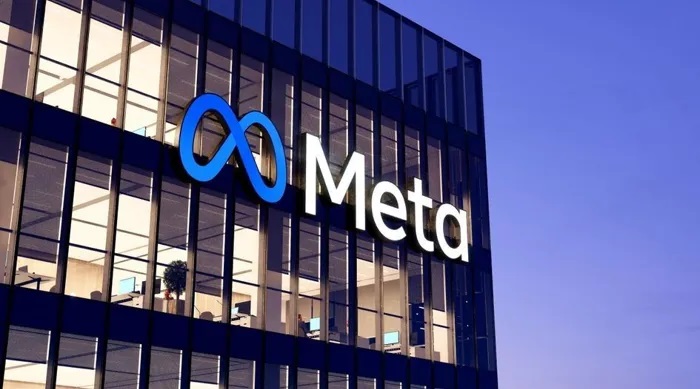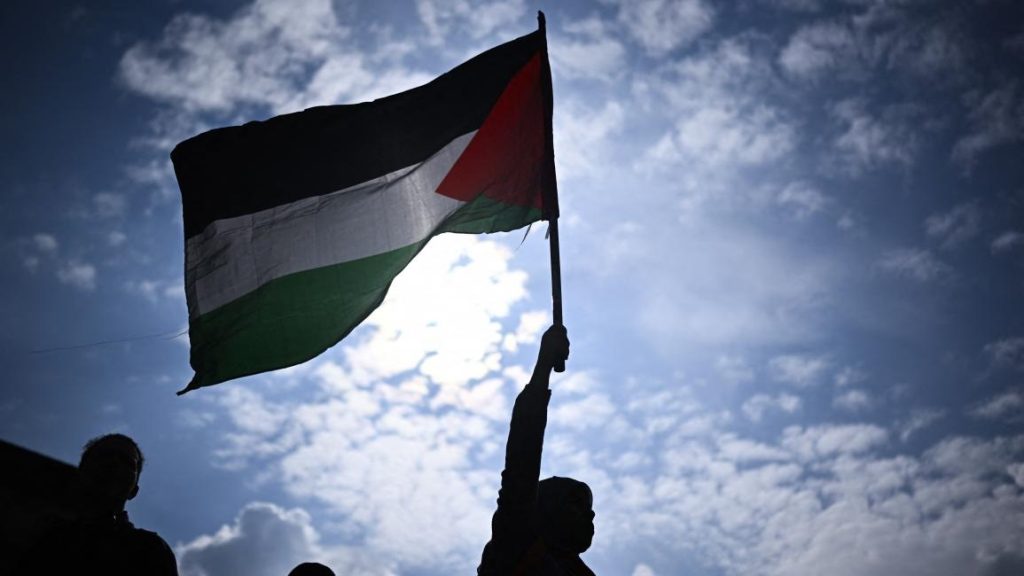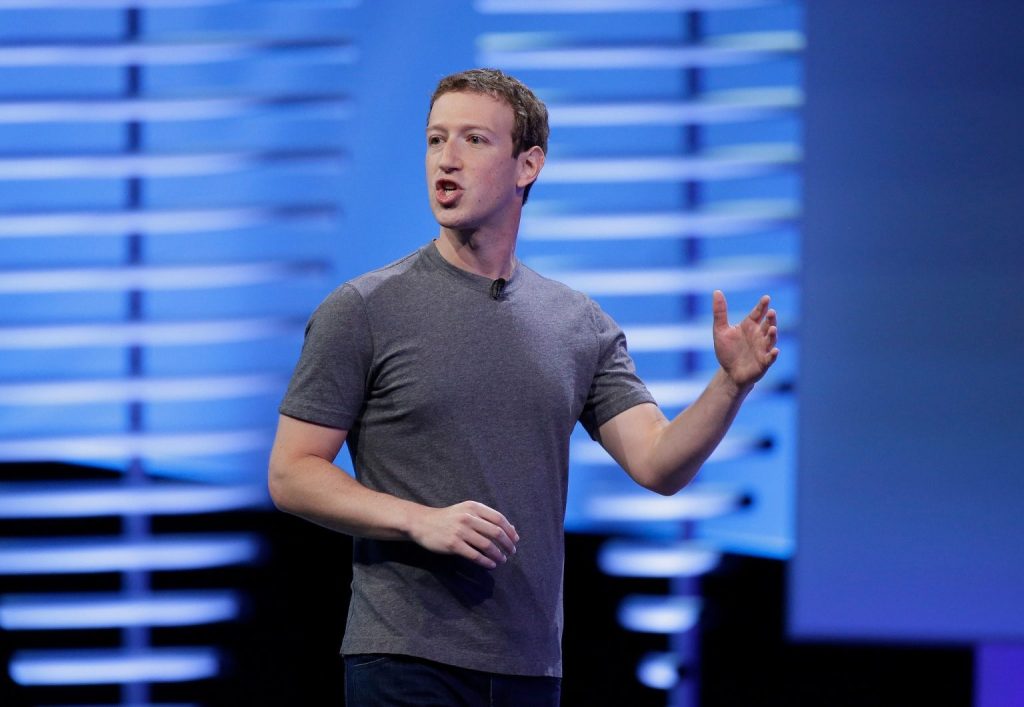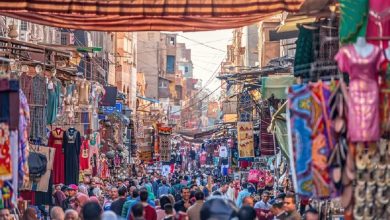The Ongoing Struggle: Palestinian Digital Content Under Meta’s Censorship Policies
How Social Media Platforms Are Shaping the Narrative on Palestine Amid Escalating Suppression

Watan-In recent years, Palestinians and their supporters worldwide have faced repeated instances of suppression and censorship of Palestinian digital content on various social media platforms. These incidents, documented by Palestinian and international organizations, have often been justified by labeling Palestinian content as “terrorism” or “incitement.” In 2021, Palestinian, Arab, and international human rights organizations issued a joint appeal to Meta, calling for an end to systematic censorship of Palestinian content—a demand reiterated in March during Israel’s military campaign in Gaza. Despite the Meta Oversight Board’s recommendation to improve policies, activists report that the company has failed to implement these demands.
Since October 7, 2023, censorship practices targeting Palestinian content have intensified. Multiple human rights organizations, including those focused on digital rights, have documented widespread removal of Palestinian accounts, bans on live streams covering news events, and suspensions of journalist accounts. Observers have described these actions as unprecedented repression, occurring at a critical time for Palestinians amid escalating Israeli violations and increasing violence in Gaza.
The announcement by Meta CEO Mark Zuckerberg to halt the company’s fact-checking system has raised significant concerns about its impact on Palestinian content. The company, which owns platforms like Facebook, Instagram, Threads, and WhatsApp, has faced criticism for its practices targeting Palestinian content, making this new decision a focal point for activists and observers.

Advocacy groups have described the decision as a “double-edged sword.” On the one hand, removing fact-checkers might reduce systematic repression of Palestinian content. Policies previously implemented by the company often classified Palestinian words and phrases in ways that significantly impacted content reach, even when the material was journalistic or critical in nature. Without these classifications, content reporting might become the responsibility of the audience, potentially reducing censorship.
Despite this cautious optimism, concerns remain about the decision’s implications. While Zuckerberg’s announcement emphasized freedom of expression, it also excluded content perceived as supporting terrorism, leaving room for continued suppression of Palestinian narratives. Additionally, the relaxation of censorship could create opportunities for greater incitement against Palestinians, as witnessed on platforms like X (formerly Twitter), where incitement has been linked to documented acts of violence by settlers in the West Bank.
Concerns have also been raised about recent changes to Meta’s board, with the inclusion of figures aligned with the Republican Party and former U.S. President Donald Trump. Activists worry that such individuals may be less sympathetic to Palestinian content, potentially influencing the company’s future policies in ways detrimental to Palestinian advocacy.
Israeli organizations also play a significant role in suppressing Palestinian content by systematically filing complaints and creating organized campaigns. These organizations often have substantial financial resources and volunteer networks, enabling them to submit mass reports against Palestinian content. Under the new system, coordinated reporting campaigns could lead to another wave of censorship, not directly by the company but through user-driven mechanisms.

Advocacy experts have highlighted both opportunities and risks in the new policies. While placing reporting in the hands of the public could reduce centralized censorship, it may also allow politically motivated groups to exploit the system. There is a risk of these tools being used to spread disinformation and distort Palestinian narratives rather than promote genuine freedom of expression.
With these changes in Meta’s policies, a critical question arises: Will this shift lead to a more open space for Palestinian voices, or will it pave the way for new risks, such as increased incitement and distortion of truths?






